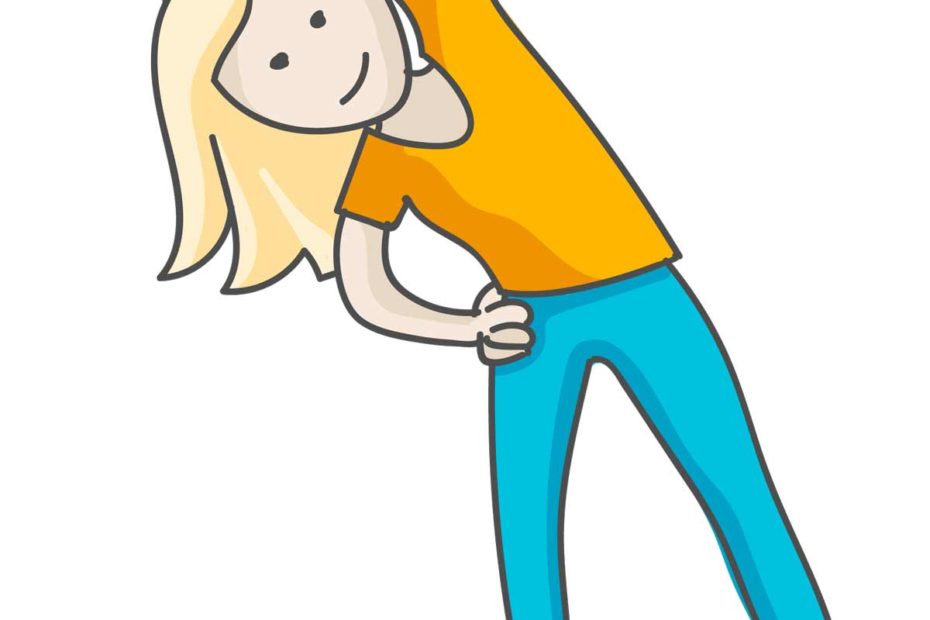Wake up, down a cup of coffee, push yourself through the day, collapse into bed, and repeat. Too many people in the modern world are stuck in this vicious cycle of tiredness and stress. Well, if you’re sick of always feeling tired, you’ve come to the right place. Here are 4 simple ways to change up your lifestyle to fight fatigue.
1. Get some shut-eye to feel refreshed the next morning
I know what you’re thinking. I don’t have time to sleep! But good quality sleep is so important to brain function and overall physical and mental health and sleeping well will lead to better performance the next day. Sleep deprivation has been linked to fatigue and lack of motivation, and it can also contribute to more serious problems such as diabetes, heart disease, and stroke1. Sleep is crucial to feeling energised and refreshed the next morning, because it helps the brain remove toxins that could be detrimental to cognitive processes, preventing you from thinking clearly2. The optimal amount of sleep per night is 7 hours3, but if that is not feasible for your busy lifestyle, incorporating short 30-minute naps during the day can also boost alertness4.
2. Get moving to fight fatigue
The last thing you might want to do when you are feeling tired is to move. But so many studies have shown that exercise actually boosts your mood and focus! One study found that after participants engaged in physical exercise, they scored higher for mood, memory, and energy, and scored lower for depression, tension, and anxiety5. If this doesn’t convince you to pull on your running shoes, exercise also triggers the release of “happy hormones,” serotonin and dopamine. In fact, one experiment found that exercise resulted in lower depression scores in clinically depressed participants6!
3. Reduce stress to prevent burnout and fight fatigue
The word “stress” is thrown around constantly, but what does this word actually mean? Stress refers to emotional strain or tension due to demanding situations. Stressful situations lead to production of the hormone cortisol, which raises blood pressure and heart rate. Although this can be helpful in the short-term, most of the stress-inducing situations in the modern world are long-term, which cause adverse effects on physical and mental health. Too much stress can lead to problems such as burnout, which is characterised by exhaustion and lack of motivation. To reduce stress, try cutting back on Internet usage, spend more time on hobbies, catch up with friends and family members, and pick up meditation. Take a look at 7 Ways you can effectively manage your stress for more ideas.
4. Eat a balanced diet to replenish your body with nutrients
The brain is hugely vulnerable to negative nutritional input, so it’s important to eat a balanced diet to ensure that the brain can clear out waste products for a clearer head. Unfortunately, it may feel overwhelming to have to think about all the different nutrients in the food that you eat, and to plan 3 meals a day to make sure you are eating well. If you feel this way, then RYH is perfect for you! Providing 4 weeks’ worth of delicious recipes and shopping lists, the recipes have been designed based on scientific research to replenish your body with necessary nutrients and restore the balance of your gut bacteria. Rebecca, who complained of brain fog and lack of energy, found that she was full of energy eating RYH’s recipes! So, if you are searching for a solution to your constant tiredness, look no further than RYH!
Bibliography
1. Health H. Repaying your sleep debt. Harvard Med Sch. 2018.
2. Xie L, Kang H, Xu Q, Chen MJ, Liao Y, Thiyagarajan M, O’Donnell J, Christensen DJ, Nicholson C, Iliff JJ, Takano T, Deane R, Nedergaard M. Sleep drives metabolite clearance from the adult brain. Science. 2013
3. National Sleep Foundation Recommends New Sleep Times [Internet]. National Sleep Foundation. [cited 2019Apr26]. Available from: https://www.sleepfoundation.org/press-release/national-sleep-foundation-recommends-new-sleep-times/page/0/1
4. Graeber R, Rosekind M, Connell L, Dinges D. Cockpit napping. ICAO Journal. 1990
5. Folkins CH. Effects of physical training on mood. J Clin Psychol. 1976
6. Dimeo F, Bauer M, Varahram I, Proest G, Halter U. Benefits from aerobic exercise in patients with major depression: a pilot study. Br J Sports Med. 2001
